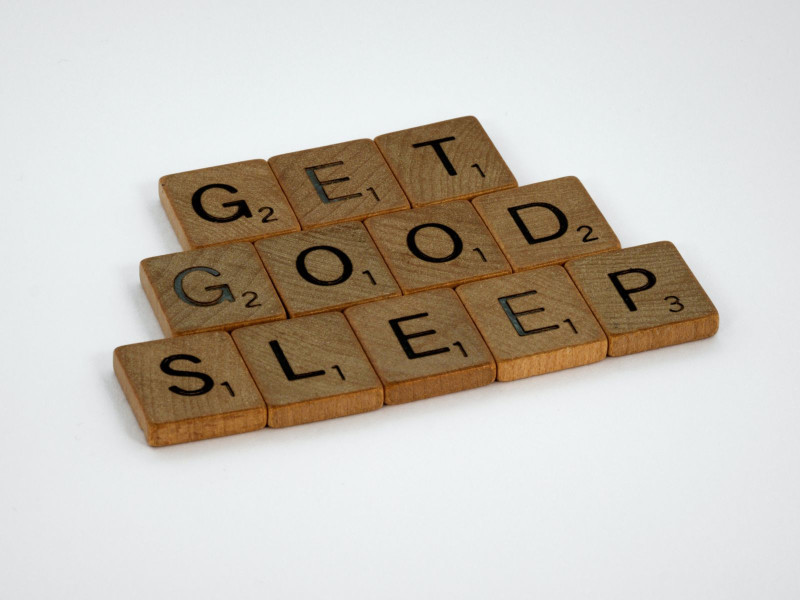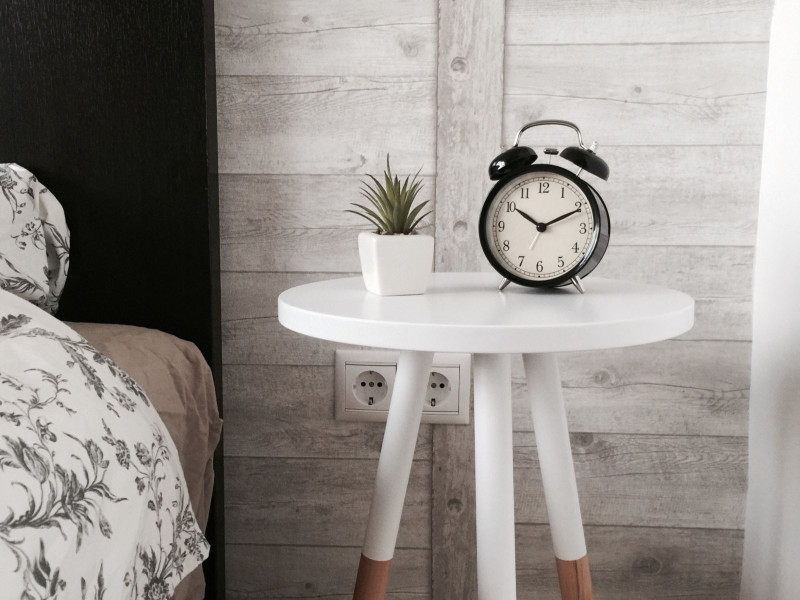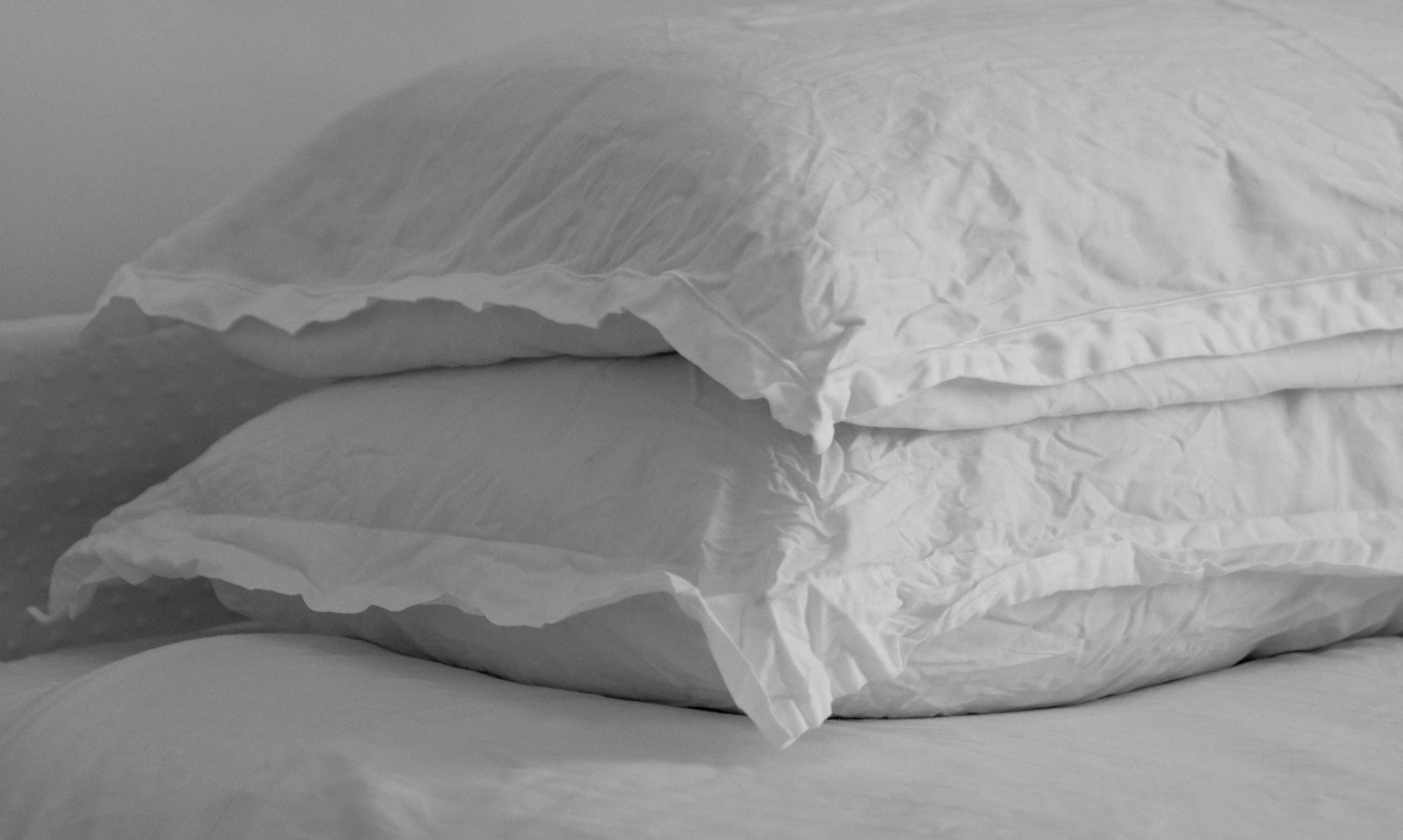Unlocking the Power of Sleep: The Key to Optimal Well-being and Productivity
Getting sufficient sleep is crucial for our overall well-being and quality of life. Sleep plays a vital role in our physical and mental health, affecting various aspects such as our mood, cognitive function, immune system, and productivity. In this article, we will explore the importance of sleep, the science behind it, common sleep disorders, and provide practical tips to help you achieve better sleep.


Importance of Sleep
Sleep is not just a time of rest; it is a complex physiological process that allows our body and mind to recharge. Sufficient sleep promotes healthy brain function, memory consolidation, and learning. It also contributes to physical growth, repair, and the overall maintenance of our body systems. Lack of sleep, on the other hand, can lead to a range of problems, including reduced alertness, impaired decision-making, and increased risk of accidents.
The Science of Sleep
Understanding the science behind sleep can help us grasp its significance. Sleep is regulated by our internal body clock, known as the circadian rhythm, which influences our sleep-wake cycle. It is influenced by external factors such as light and darkness, and disruptions to this cycle can result in sleep disturbances. The sleep cycle consists of multiple stages, including rapid eye movement (REM) and non-REM sleep, each serving different purposes in our physical and mental restoration.
Common Sleep Disorders
Several sleep disorders can disrupt our sleep patterns and overall sleep quality. Conditions such as insomnia, sleep apnea, restless leg syndrome, and narcolepsy can significantly impact our ability to obtain sufficient and restorative sleep. Identifying and addressing these disorders is crucial for achieving better sleep.
Tips for Getting Better Sleep
There are various strategies you can implement to improve your sleep habits.
- Establishing a Consistent Sleep Routine: Set a regular sleep schedule by going to bed and waking up at the same time each day, even on weekends. This helps regulate your body’s internal clock and promotes a more restful sleep.
- Creating a Sleep-Friendly Environment: Keep your bedroom cool, dark, and quiet to create an optimal setting for sleep. Invest in a comfortable mattress and pillows, and consider using blackout curtains, earplugs, or white noise machines to block any disruptive sounds or light.
- Practicing Relaxation Techniques: Incorporate stress management techniques into your daily routine, such as practicing mindfulness, deep breathing exercises, or engaging in activities that help you relax and unwind. Creating a pre-sleep ritual can signal to your body and mind that it’s time to wind down and prepare for sleep.
- Maintaining a Healthy Lifestyle: Maintain a healthy lifestyle through regular exercise, managing stress and anxiety, and monitoring your caffeine and alcohol intake. Regular physical activity can help regulate your sleep-wake cycle and promote deeper, more restorative sleep.
Benefits of Sufficient Sleep
Obtaining sufficient sleep offers numerous benefits to both our physical and mental well-being. Adequate sleep provides a wide range of benefits that contribute to our overall health and well-being. When we get enough sleep, our immune system functions optimally, reducing the risk of infections and illnesses. Sufficient sleep also enhances our mood and emotional well-being, allowing us to better manage stress and regulate our emotions. It improves our cognitive function, including attention, concentration, and problem-solving abilities, leading to increased productivity and better performance in daily activities.
Effects of Sleep Deprivation
On the flip side, sleep deprivation can have detrimental effects on our physical and mental health. When we consistently lack sufficient sleep, we become more susceptible to fatigue, irritability, and mood swings. Our cognitive abilities decline, making it challenging to focus, learn, and retain information. Sleep deprivation also weakens our immune system, making us more vulnerable to infections and diseases. Additionally, it increases the risk of accidents and impairs our judgment and decision-making skills.
Sleep and Productivity
Quality sleep is closely linked to productivity. When we are well-rested, our cognitive abilities are sharper, and we can think more clearly and efficiently. We experience improved concentration, problem-solving skills, and creativity. Sleep also plays a vital role in memory consolidation, helping us retain and recall information effectively. By prioritizing sufficient sleep, we can enhance our productivity levels and achieve better results in our professional and personal lives.
The Relationship Between Sleep and Mental Health
Sleep and mental health are intricately connected. Lack of sleep can exacerbate symptoms of mental health disorders such as anxiety and depression. Conversely, improving sleep quality and duration can have a positive impact on our mental well-being. Sleep allows our brain to rest and recharge, facilitating emotional regulation and improved overall mental health. Establishing healthy sleep habits can be a valuable component of managing and improving mental health conditions.
Establishing a Consistent Sleep Routine
Creating a consistent sleep routine is crucial for promoting healthy sleep patterns. Set a regular sleep schedule by going to bed and waking up at the same time each day, even on weekends. This helps regulate your body’s internal clock and promotes a more restful sleep. Avoid stimulating activities close to bedtime, such as using electronic devices or engaging in intense exercise. Instead, incorporate relaxing activities into your evening routine, such as reading a book or taking a warm bath.
Improving Sleep Quality
In addition to maintaining a consistent sleep routine, there are several other strategies you can implement to improve the quality of your sleep:
- Practice good sleep hygiene: Keep your bedroom clean, comfortable, and free of distractions. Create a sleep-friendly environment that promotes relaxation and restfulness.
- Invest in a supportive sleep environment: Choose a mattress and pillows that provide adequate support and comfort for your body. Experiment with different sleep surfaces and pillow types to find what works best for you.
- Create a relaxing bedtime routine: Establish a calming routine before bed to signal to your body and mind that it’s time to wind down. This can include activities like dimming the lights, listening to soothing music, practicing meditation, or gentle stretching exercises.
- Limit exposure to electronic screens: The blue light emitted by electronic devices can interfere with your natural sleep-wake cycle. Avoid using electronic screens, such as smartphones, tablets, or computers, for at least an hour before bed. Instead, engage in relaxing activities that promote a transition to sleep.
Getting sufficient sleep is essential for our overall health, well-being, and quality of life. By prioritizing sleep and implementing strategies to improve sleep quality, we can reap the numerous benefits it offers. Remember to establish a consistent sleep routine, create a sleep-friendly environment, and prioritize relaxation and stress management techniques. By taking steps to ensure sufficient sleep, you can enhance your physical and mental health, boost productivity, and improve your overall quality of life.
The suggestions provided in this article are for informational purposes only and should not replace professional medical advice. Consult with your healthcare provider before making any significant changes to your diet, exercise routine, or lifestyle to ensure they are suitable for your individual needs and circumstances.
Remember that everyone’s sleep needs are unique, so it’s important to listen to your body and find the strategies that work best for you. If you continue to experience persistent sleep problems, it’s recommended to consult with a healthcare professional for a comprehensive evaluation and personalized guidance.
To complement your journey toward sufficient sleep, we recommend the following products that can enhance your efforts:
Comfortable Mattress: Invest in a high-quality mattress that provides excellent support and comfort. Look for options that cater to your preferred sleep position and alleviate pressure points.
Supportive Pillows: Choose pillows that align with your sleeping position and provide adequate neck and head support. Memory foam, latex, or down pillows are popular choices known for their comfort and adaptability.
Blackout Curtains: Create a dark sleeping environment with blackout curtains. These curtains block out external light sources, promoting deeper and more restful sleep.
White Noise Machines: Block out distracting sounds and create a soothing sleep environment with a white noise machine. These devices generate calming sounds like rain, ocean waves, or gentle fan noises that can help mask disturbances.
Essential Oils and Diffusers: Incorporate the relaxing benefits of aromatherapy into your sleep routine. Lavender, chamomile, and ylang-ylang are popular essential oils known for their calming properties. Use a diffuser to disperse the scents throughout your bedroom.
Sleep Tracking Devices: Monitor your sleep patterns and gain insights into your sleep quality with sleep tracking devices. These devices can track factors like sleep duration, sleep stages, and sleep disturbances, helping you make informed adjustments to improve your sleep.
Weighted Blankets: Experience a comforting sensation and potentially reduce anxiety with a weighted blanket. These blankets provide gentle pressure that can help promote relaxation and a sense of security during sleep.
Sleep Masks: If you struggle with light sensitivity, consider using a sleep mask. These masks create a dark environment around your eyes, blocking out any light that might interfere with your sleep.
Remember, while these products can complement your sleep routine, it’s important to prioritize healthy sleep habits and consult with a healthcare professional for any persistent sleep issues.
Frequently Asked Questions (FAQs):
These FAQs provide general information, and individual needs may vary. It’s always a good idea to consult with a healthcare professional for personalized guidance based on your unique circumstances.
Disclosure:
Please note that some of the links in this article are affiliate links. This means that, at no additional cost to you, we may earn a commission if you click through and make a purchase. We only recommend products or services that we believe will add value to our readers and contribute to their journey towards optimal physical health. Your support through these affiliate links helps us continue to provide valuable content and resources. We appreciate your trust and assure you that we only promote products that align with our mission of promoting health and well-being.






